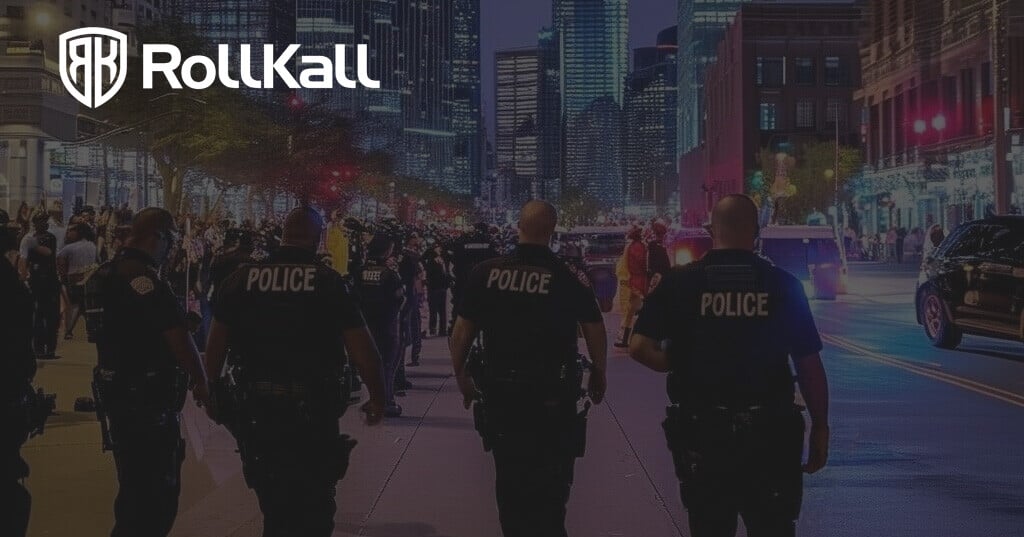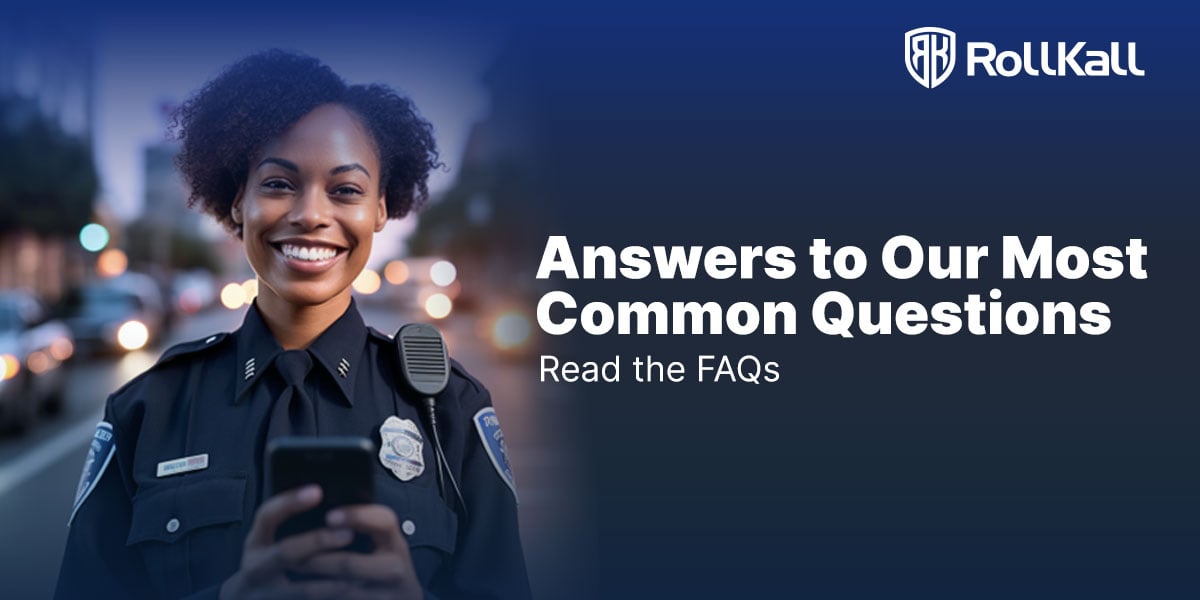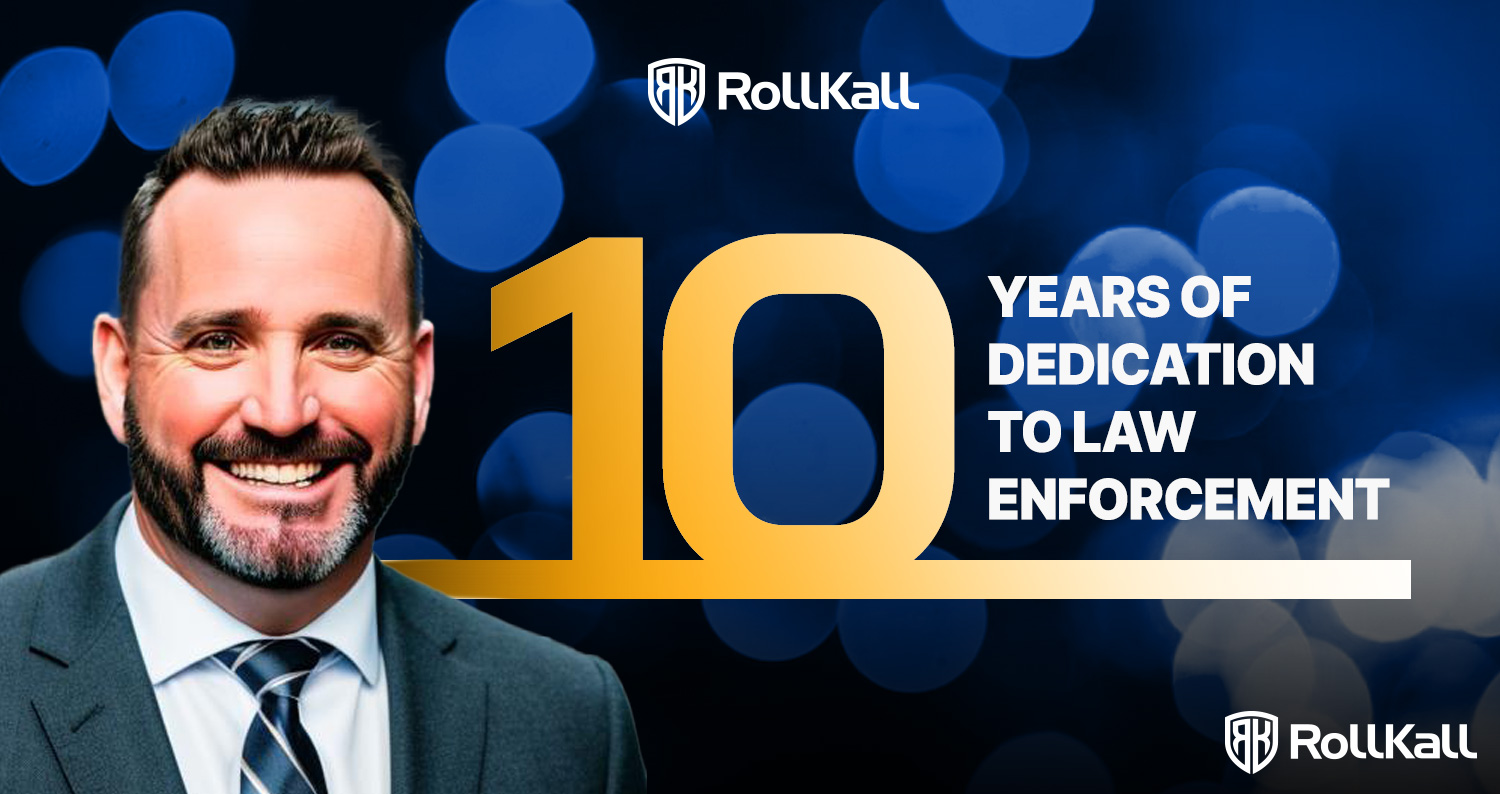Download the free guide
Aenean eu leo quam. Pellentesque ornare sem lacinia quam venenatis.

Insurance is no one’s favorite subject, except maybe for insurance brokers. Although it can be confusing to mentally manage all the different types of insurance for every aspect of our lives, it’s really important to have it when things go wrong. From healthcare to cars, to where we live…it all needs to be insured.
Who needs it, why, and what’s the benefit?
So, we’re keeping it simple and breaking down the basics of insurance offerings and what you need to know when it comes to off-duty police work.
There are three primary types of coverage for the officer or businesses involved in off-duty police work.
- General liability insurance protects the business owner and assets in the event of legal action against the business or its employees, including off-duty officers. It also will pay for medical costs if a third party is injured by the officer on-premise. Just as the name indicates, this coverage is general and covers a host of things and all entities involved.
- Workers' compensation, also known as workman’s comp, is a form of insurance for pay replacement and medical benefits if an officer is injured on the job.
- Occupational accident insurance provides benefits to officers injured or killed in a job-related accident. It covers medical expenses and pays death and dismemberment benefits.
Those are the three main types of insurance that come into play when working with or as off-duty officers. Read on for more detail on how each type of policy might be used to support off-duty police work.
General Liability
General liability is blanket coverage for risk mitigation. It covers all parties involved in the off-duty engagement – the hiring business, the agency, and the officer. Say, for example, a police officer tackles someone running away with stolen merchandise and, in the process, an innocent bystander is injured, and requires medical treatment. The injured party is covered under general liability, as are the business, officer and law enforcement agency (LEA) should legal action follow.
Either the LEA or the business can and often do hold general liability policies. One party can extend coverage to the other party under existing plans, but that can get to be a bit of a tricky chicken-or-the-egg kind of decision. Who should bear the weight of that responsibility? To resolve that tension, RollKall offers access up to $11m umbrella coverage, to protect the agency, officer and business without affecting insurance premiums.
Worker’s Comp
For officers who aren’t covered through the department’s workers comp policy when they’re working off duty, RollKall offers workers' comp for any injuries that happen while providing off-duty service.
We know that off-duty income can be a substantial amount of a police officer’s overall income. Having a worker’s comp policy in place protects off-duty and on-duty income in the event an officer is injured conducting his or her off-duty work and is unable to return to work promptly. The LEA elects to take this coverage for all of the officers in their department.
Occupational Accident Insurance
Obviously, if an officer is injured while on duty, they are covered by the department or city’s insurance. That policy will make sure their expenses related to the incident are fully covered.
When police officers work off-duty through RollKall, they have the option to pay 99 cents per hour for occupational accident insurance so that, should an accident occur, they can rest assured that medical bills will be covered.
At RollKall, we’re all about making off-duty easy, from finding off-duty opportunities to working them. We don’t want insurance to stand in the way of businesses and officers connecting to provide safer communities. In the event something goes wrong while providing safety and security, RollKall has it covered.
Please let us know if you have any additional questions about insurance. RollKall representatives will be happy to assist or put you in touch with our insurance experts.
Get the latest content delivered straight to your inbox!
Related Posts


Want more information about RollKall? Let us know a bit about you, and we’ll get back to you as soon as possible with more information and next steps!











